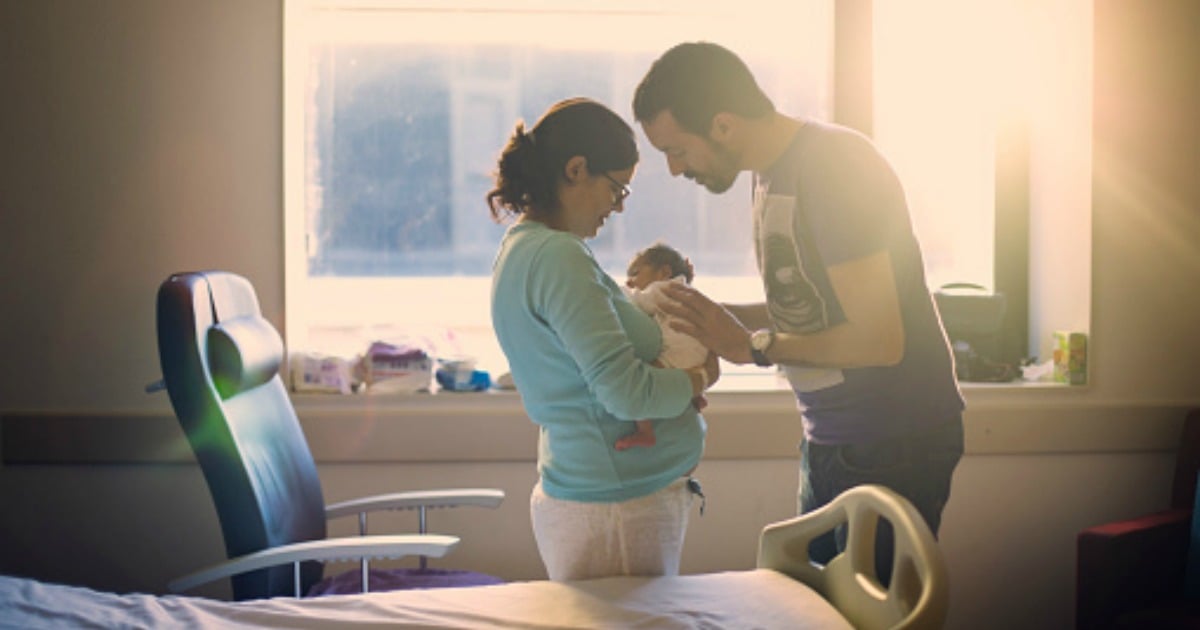

Every parent has the right to question what’s best for their child. The trick is to ask the right people the right questions. When it comes to vaccinating your child against preventable diseases, the best advice comes from medical experts (not Dr Google or a lifestyle blog).
As experts go, you can’t go past Associate Professor Chris Blyth. He’s the Deputy Chair of the Australian Technical Advisory Group on Immunisation as well as a Paediatrician and Infectious Diseases Physician and Clinical Microbiologist at Princess Margaret Hospital for Children, Path West Laboratory and the University of Western Australia. Try fitting that on a business card. I sat down with Chris to get some advice on vaccination.
Q: Why it is so important to ensure my child is vaccinated?
A: Vaccination is the safest way to ensure your child is protected against severe infections that are common or were once common. Vaccinating your child against these infections means that their immune system, the part of the body that protects them against infections, can quickly recognise bacteria or viruses and respond appropriately, protecting your child if they’re exposed to these germs.
Q: So kids aren’t born with natural immunity to these diseases?
A: Immunity is something that develops over a child’s life. A child is born with a very naïve immune system, able to respond in only a very rudimentary way to germs that they’re exposed to. To develop rapid, targeted and long-lasting immunity to specific germs, their immune system needs to be exposed to these germs or to a vaccine which tricks the immune system into thinking it has been exposed to these germs.
Q: If I have a new baby who isn’t old enough to get vaccinated, what should I do to protect them?
A: It’s recommended that children receive their first vaccine (Hepatitis B) in the days after birth. Other routine vaccines are recommended from six weeks of age. The immunity that a child gets from the placenta and through breastfeeding offers some protection against infection. Avoiding exposure to specific infections is the only way to further protect your child. That’s not to say that you need to remain isolated from society during the first few months of your child’s life – everyone needs to get out and about during this time. Just try not to expose your child to people who are sick and ensure that everyone who cuddles or touches your baby washes their hands with soap and water beforehand.


Top Comments
I cannot understand how people can play roulette with their children's health and well being. Legal issue? Ask a lawyer. Problem with your car? See a mechanic. But your child's health...that's okay...just trust some random unqualified person on the internet.
If I have a medical question i ask a medical professional. If I'm not satisfied with the answer, I seek advice from a different health professional.
Thank you for this article.